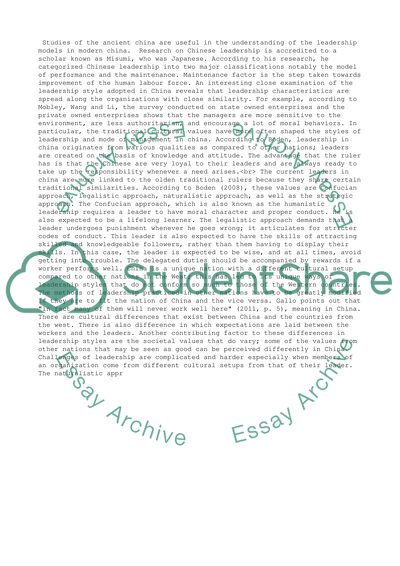Cite this document
(“Cross cultural management Essay Example | Topics and Well Written Essays - 1500 words”, n.d.)
Cross cultural management Essay Example | Topics and Well Written Essays - 1500 words. Retrieved from https://studentshare.org/management/1492264-cross-cultural-management
Cross cultural management Essay Example | Topics and Well Written Essays - 1500 words. Retrieved from https://studentshare.org/management/1492264-cross-cultural-management
(Cross Cultural Management Essay Example | Topics and Well Written Essays - 1500 Words)
Cross Cultural Management Essay Example | Topics and Well Written Essays - 1500 Words. https://studentshare.org/management/1492264-cross-cultural-management.
Cross Cultural Management Essay Example | Topics and Well Written Essays - 1500 Words. https://studentshare.org/management/1492264-cross-cultural-management.
“Cross Cultural Management Essay Example | Topics and Well Written Essays - 1500 Words”, n.d. https://studentshare.org/management/1492264-cross-cultural-management.


